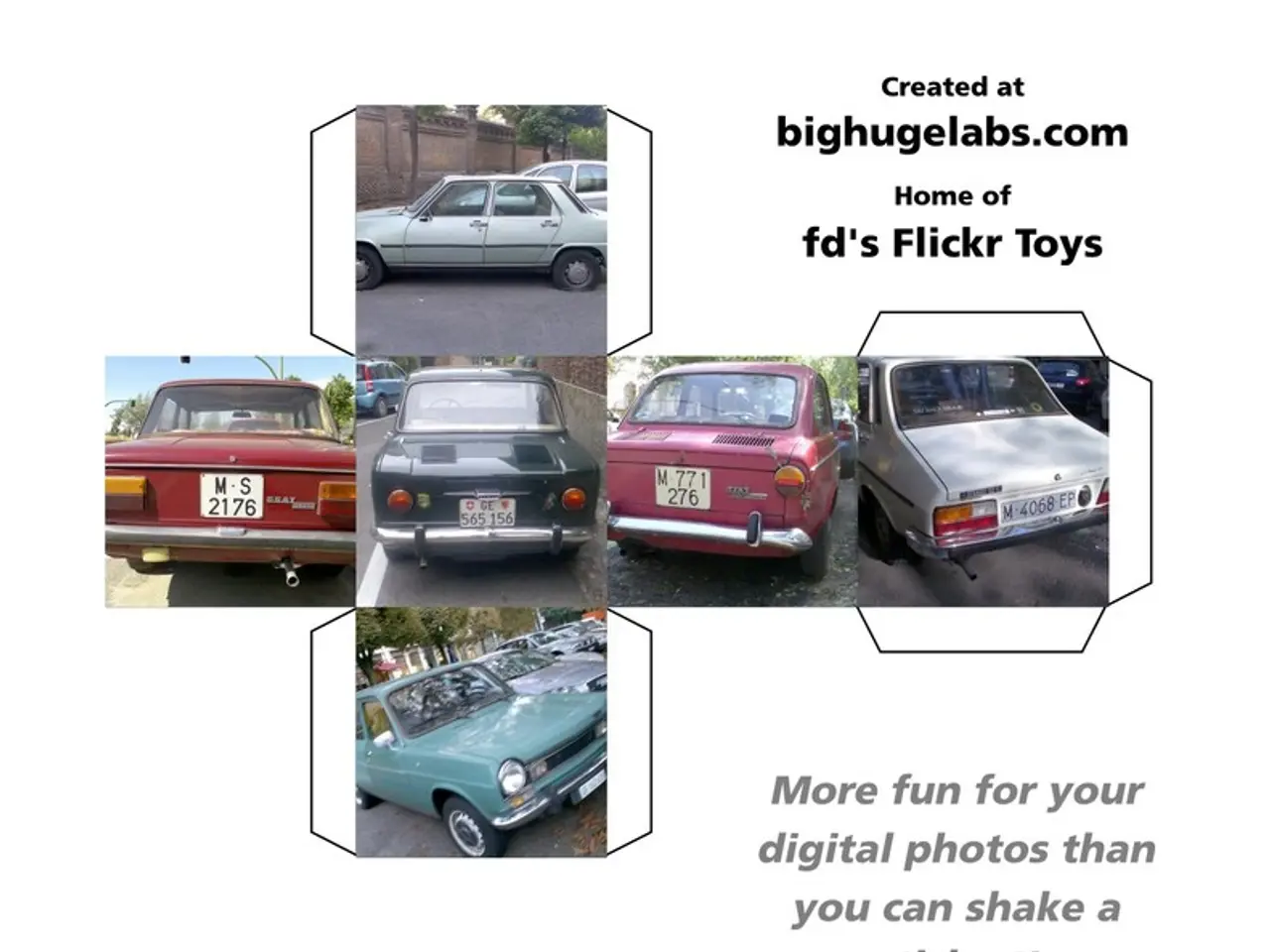Tariff Increases Drive Up Auto Parts Prices, Impacting OEM and Repair Costs
Tariff increases on auto parts are starting to impact prices, with OEM and remanufactured parts seeing rises since the introduction of tariffs, while aftermarket parts remain unaffected. The 'Parts Price Inflation Index' and '20/20' report track these inflationary pressures on high-volume car parts.
The U.S. has imposed a 15% tariff on EU-origin vehicles and parts since August 2025, replacing previous higher rates that reached up to 25% plus additional MFN tariffs earlier in the year. This affects primarily European Union (EU) automobile manufacturers and states. Additionally, China faces tariff pressures, with Mexico planning to raise tariffs on Asian-made cars, mainly from China, from 20% to 50%. Key affected companies are those heavily reliant on exporting to the U.S. market, including major European carmakers and Asian exporters, due to high tariffs on cars and auto parts such as motors, drive parts, and electronic components. Steel and aluminum tariffs, now at 50%, also impact the automotive supply chain, increasing costs for manufacturers using these materials. The EU and U.S. have been negotiating possible tariff reductions and exemptions for the auto sector, recognizing the significant impact on EU manufacturers and related states.
A 25% tariff on imported cars and parts, levied under Section 232 of the 1962 Trade Act, remains in place. APCIA estimates this tariff could increase auto repair claims costs by 2.7%. OEM retail prices rose 2.1% from Q1 to Q2 2025, compared to a 1% increase during the same period in 2024. The 50% tariff on steel and aluminum, with 80% of automotive-grade aluminum mined in Canada, could result in an additional $3.4 billion in personal auto insurance premiums alone. The potential impact on repairable claims is estimated to be between $80-$100 per claim. Notably, 44% of OEM parts used in collision repair are produced outside the U.S. and are now subject to tariffs.
Tariff increases on auto parts are driving up prices, particularly for OEM and remanufactured parts. The U.S. tariffs, especially on European and Asian imports, are significantly impacting car manufacturers and related states. The potential impact on auto repair costs and insurance premiums is substantial, with negotiations ongoing between the EU and U.S. to mitigate these effects.
Read also:
- Operation Cronos Disrupts LockBit: Fake Victims and New Leak Site Manipulation
- THW Marks 75 Years of Saving Lives at Home and Abroad
- Kazakhstan's National Bank Boosts Currency Sales to $1.4 Trillion in Q4
- Duty on cotton imported into India remains unchanged, as U.S. tariffs escalate to their most severe levels yet







